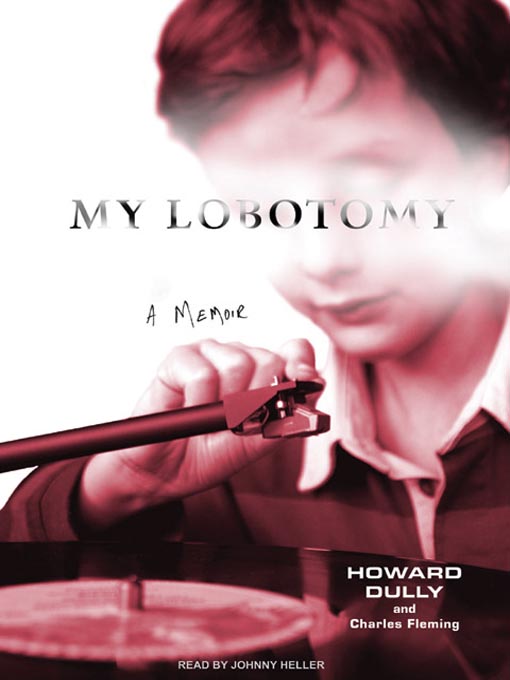- Disponibles maintenant
- Nouveautés - Livres numériques
- Plus populaires
- Essayez quelque chose de différent
- Prix littéraires du Gouverneur général 2024
- Gagnants et finalistes des Libby Book Awards 2025
- Des documentaires qui se lisent comme des romans
- Les meilleurs livres du 21e siècle selon le New York Times
- Commencez une nouvelle série
- Mémoires de célébrités
- Voir toutes les collections livres numériques
- Finalistes des Audie Awards 2025
- Nouveautés - Livres audio
- Plus populaires
- Les livres audio les plus empruntés par les adultes en 2024
- Nominés de 2024
- Des livres audio inspirants
- Livres audio narrés par Bahni Turpin
- Livres audio narrés par Emily Woo Zeller
- Des narrateurs extraordinaires : livres audio
- Lu par l'auteur
- Disponibles maintenant
- Lu par une célébrité (pas de mémoires)
- Essayez quelque chose de différent
- Voir toutes les collections livres audio

